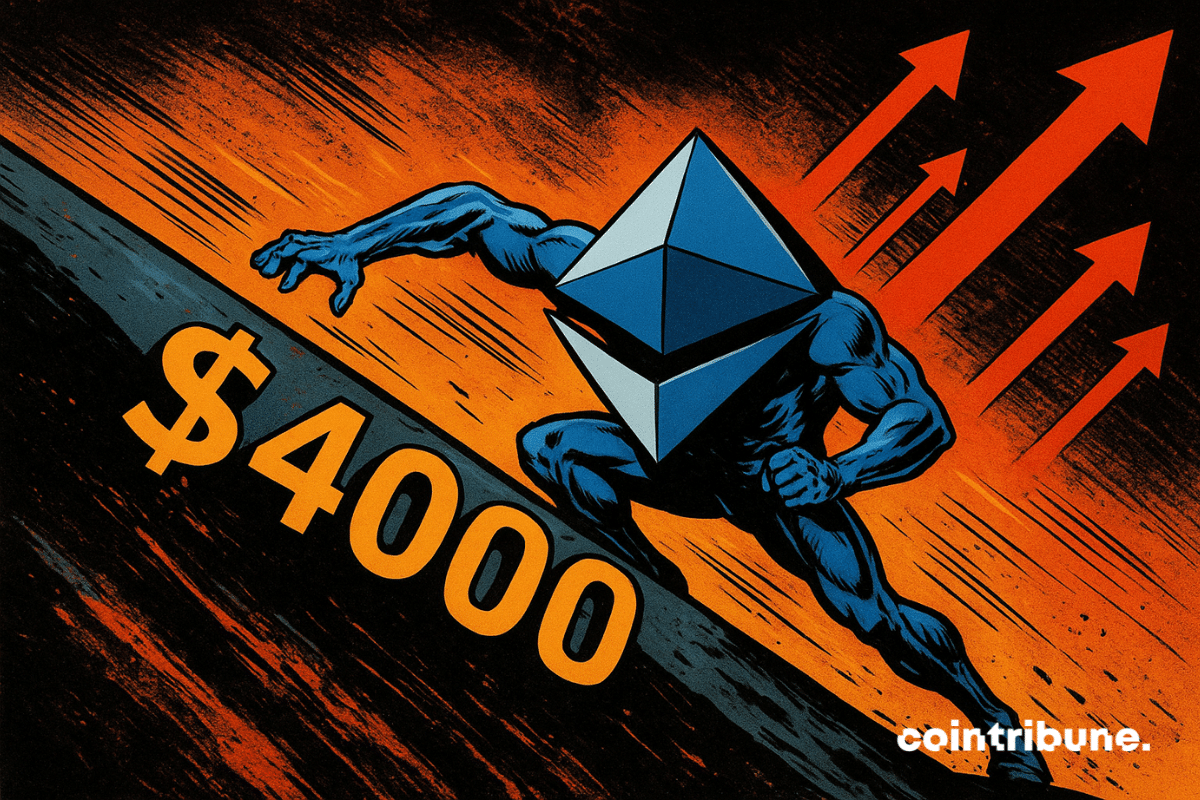In brief
- Veteran Ethereum Core Developer Péter Szilágyi has argued that Vitalik Buterin has effective control over the non-profit Ethereum Foundation.
- He claimed that a small number of people are dominating new investment and advisory roles.
- The CEO and founder of the Polygon Foundation also critiqued the Ethereum Foundation’s governance.
Longtime Ethereum Core Developer Péter Szilágyi has hit out at the Ethereum Foundation’s approach to governance in a recently shared mid-2024 memo to other Foundation leadership, accusing it of having a “ruling elite who will never relinquish control.”
“Ethereum may be decentralised, but Vitalik absolutely has complete indirect control over it,” read the letter.
The Ethereum Foundation (EF) is a non-profit that supports the Ethereum (ETH) ecosystem. Vitalik Buterin, who was one of Ethereum’s founders, is its most well-known advocate.
Szilágyi has worked for the Foundation since 2015, shortly after the cryptocurrency launched. He led the Geth project, or Go Ethereum—the most popular software client used to run Ethereum nodes—with about 41% of the market share.
He added that although he has “utmost respect for Vitalik,” the Ethereum founder is directly defining what becomes successful in the network’s ecosystem.
“His attention, direction of research, brainpower, donations and investments absolutely define which projects succeed (at a very high probability),” Szilágyi wrote. “And his opinions absolutely define what’s permitted and what isn’t permitted in the ecosystem at large, so the key to gray-area behavior is to convince Vitalik it’s ok-ish.”
He alleged that for projects to become supported by the Foundation, “you just need to get the correct 5–10 people around Vitalik” to commit.
The veteran developer claimed that the Foundation’s centralized approach has extended to how it approaches external investment. He says the Foundation has moved away from its original strategy of offering new projects for public investment, instead “reaching out to the same 5–10 people for initial investment or advisory roles.”
“You find the same exact people behind all the new projects launching, each project directly playing into each other’s hands, and if you zoom out enough, you will also find the same VCs on the outside,” Szilágyi added.
Decrypt has reached out to the Ethereum Foundation and will update this article should we receive a response.
Polygon Founder jumps in
Sandeep Nailwal, CEO and founder of the Polygon Foundation, chimed in with a tweet, using Szilágyi’s comments as a springboard to vent his own frustrations about the Foundation and arguing that the Ethereum community “needs to take a hard look at itself.”
“Why does it feel like every other week, someone with major contributions to Ethereum has to publicly question what they’re even doing here?” he added.
Polygon (POL) is a Layer-2 network that uses Ethereum as its foundation.
Nailwal also criticized the Foundation’s decision not to grant his network official recognition as an L2—and the official security guarantees that would provide. Buterin later addressed the issue with his own tweet, stating that he appreciated the “immensely valuable role” Polygon plays in the Ethereum ecosystem.
Daily Debrief Newsletter
Start every day with the top news stories right now, plus original features, a podcast, videos and more.
Source: https://decrypt.co/345167/ethereum-core-veteran-vitalik-buterin-has-complete-indirect-control-over-ecosystem


